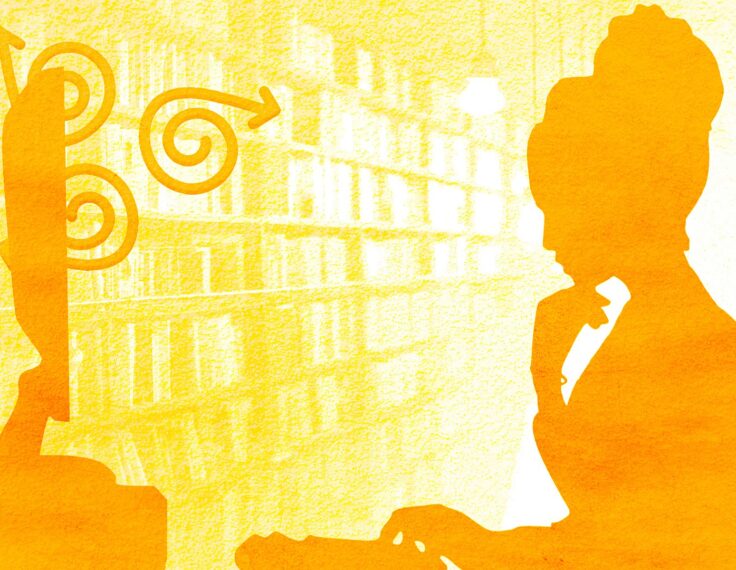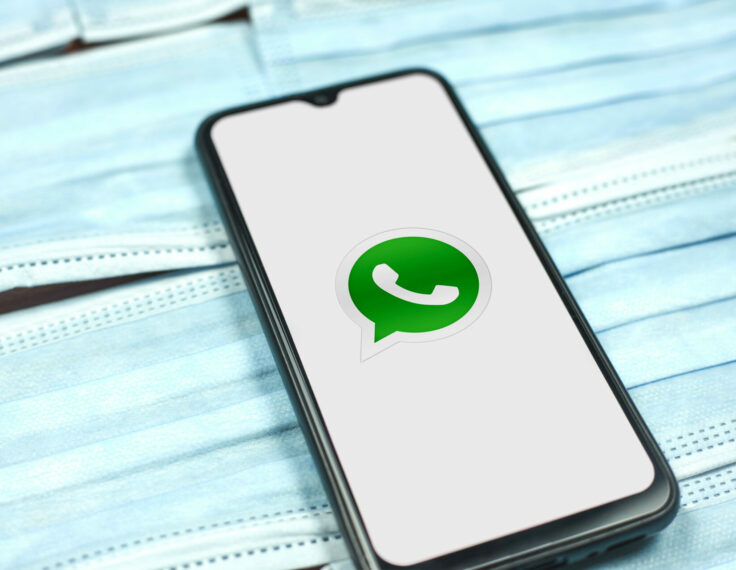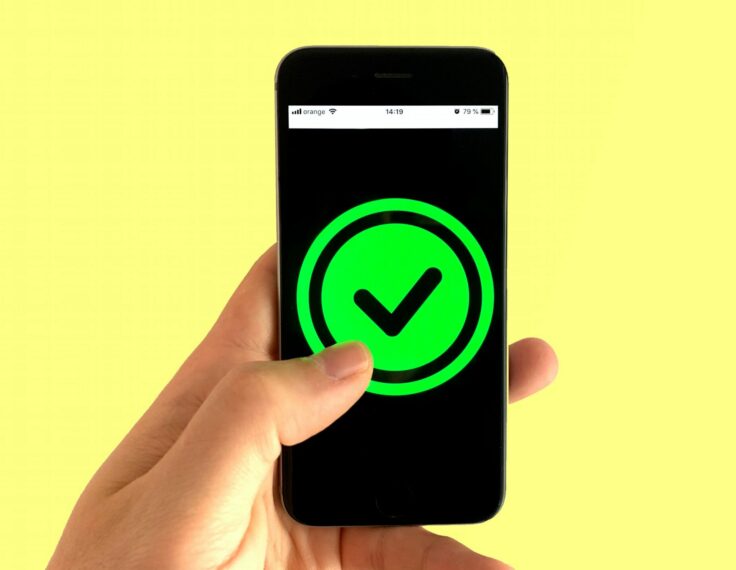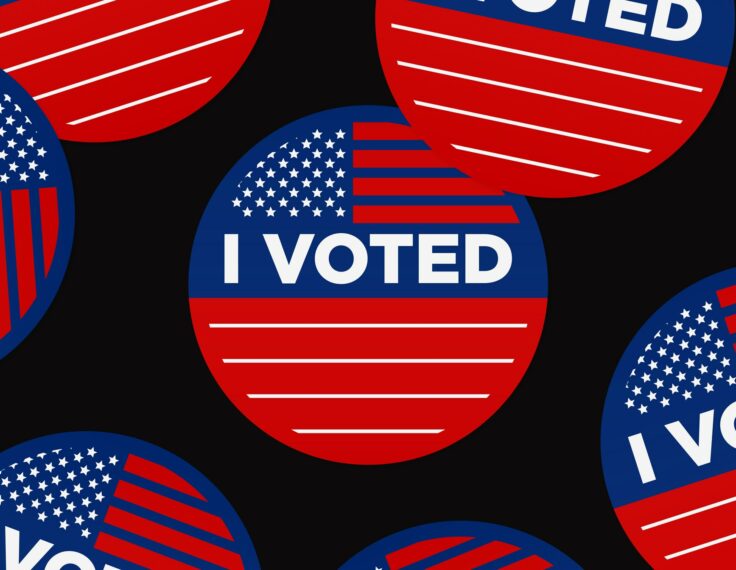
Lateral reading: College students learn to critically evaluate internet sources in an online course
Joel Breakstone, Mark Smith, Priscilla Connors, Teresa Ortega, Darby Kerr and Sam Wineburg
The COVID-19 pandemic has forced college students to spend more time online. Yet many studies show that college students struggle to discern fact from fiction on the Internet. A small body of research suggests that students in face-to-face settings can improve at judging the credibility of online sources.

Research note: Bolsonaro’s firehose: How Covid-19 disinformation on WhatsApp was used to fight a government political crisis in Brazil
Felipe Bonow Soares, Raquel Recuero, Taiane Volcan, Giane Fagundes and Giéle Sodré
Brazil has one of the highest rates of cases and deaths attributed to Covid-19 in the world. Two factors contributed to the high rates: the Brazilian government underestimated the pandemic and a large amount of disinformation was spread through social media.

The presence of unexpected biases in online fact-checking
Sungkyu Park, Jaimie Yejean Park, Jeong-han Kang and Meeyoung Cha
The increasing amount of information online makes it challenging to judge what to believe or discredit. Fact-checking unverified claims shared on platforms, like social media, can play a critical role in correcting misbeliefs. The current study demonstrates how the effect of fact-checking can vary by several factors.

Research note: Examining false beliefs about voter fraud in the wake of the 2020 Presidential Election
Gordon Pennycook and David G. Rand
The 2020 U.S. Presidential Election saw an unprecedented number of false claims alleging election fraud and arguing that Donald Trump was the actual winner of the election. Here we report a survey exploring belief in these false claims that was conducted three days after Biden was declared the winner.
